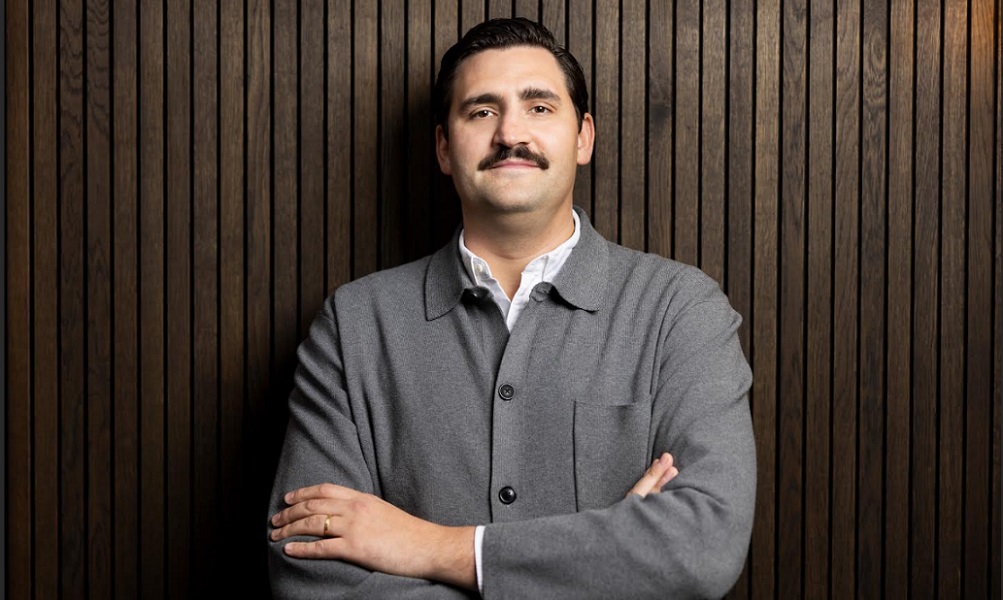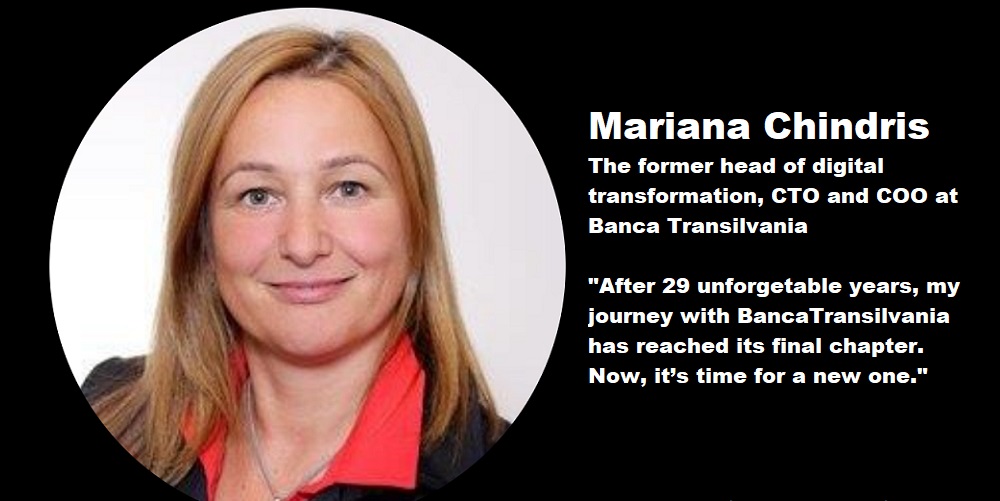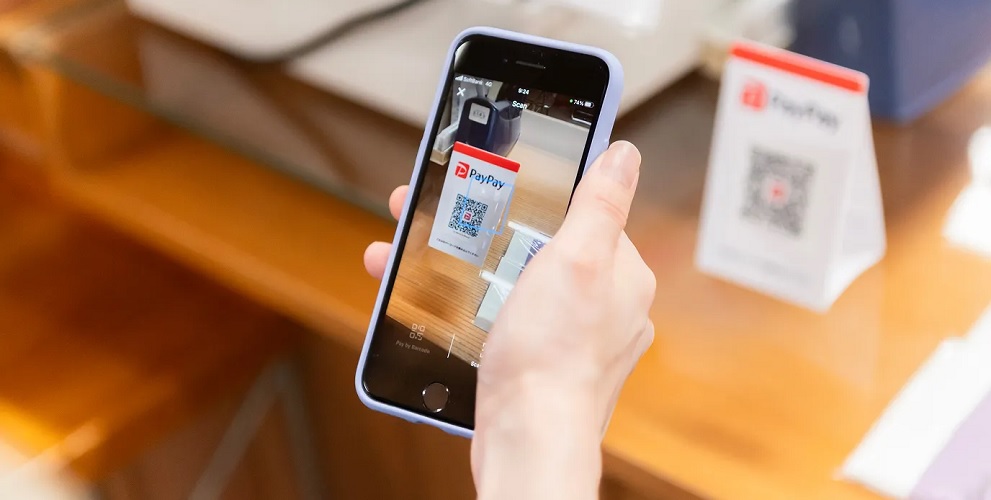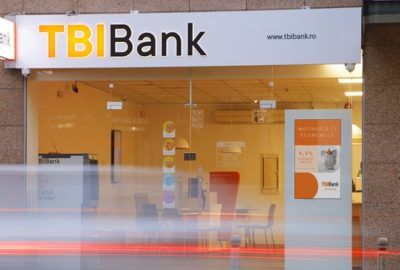Research: Retail banks lose over half of European applicants during on-boarding
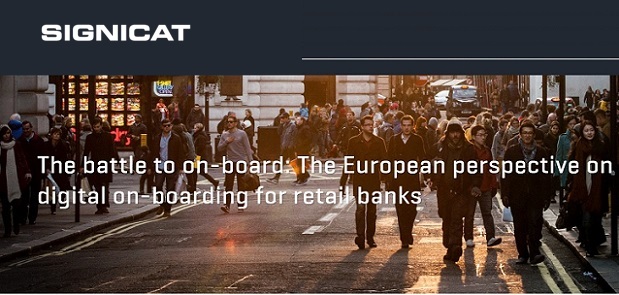
New research reveals that retail banks now lose 52% of potential customers at the on-boarding stage, an increase of 35% in the last two years.
The Battle to On-Board II report was commissioned by Signicat, the world’s leading trusted digital identity provider. The report looks at digital identity and its effect on retail bank on-boarding in the UK, Germany, the Netherlands, and Sweden, and follows up on similar research carried out two years ago.
Banks must comply with Know Your Customer (KYC) and Anti Money Laundering (AML) requirements when on-boarding new customers. This requires personal information to be shared, and identity to be proven. While much of the process can be completed online, in many cases the proof of identity (checking passport, driving license, etc.) phase must be completed in person or documents sent through the post.
The initial 2016 report was focused solely on the UK and found that banks were struggling to on-board consumers thanks to over-reliance on paper processes and a lack of digital identity. 40% of customers were giving up at this last step, frustrated. The new research paints an even bleaker picture across Europe with 52% of respondents admitting abandoning applications. This is more disturbing in the UK where the number rises to 56%.
The 2018 report not only highlights the issue that is preventing customers from completing applications, but also reveals what consumers want to solve the problem. An overwhelming majority of Europeans, 72%, want their banks to offer a fully-digital on-boarding system. This won’t just make them more likely to complete an application, but will also help increase revenue from customers—52% of consumers would be more likely to use additional services from a bank that allowed them to on-board without the need to use paper-based identity. Indeed, the use of digital identity could help gain cross-border customers as the majority of respondents wanted an ID they could use across Europe. This is especially true in Sweden where only 22% did not want this.
Consumers are also clear on who should lead the charge on digital identity. Banks were the number one choice in every country surveyed, trusted to deliver a system over the government or a social media giant.
“The research uncovered some fascinating consumer behaviour around digital identities. It shows that customers that have verified and trusted digital identities are more likely to sign up for more financial products,” said Gunnar Nordseth, CEO, Signicat. “Customers trust banks to supply this identity above governments and social media and in markets where there isn’t a pervasive digital identity scheme, this presents a significant opportunity for banks to increase revenues. Given the potential upside of increased sales, it is clearly worth the banks’ while to explore this further.”
„The report paints a picture of an industry at odds with its customers. The demand for 100% digital services has grown sizeably and yet banks are not keeping up. However the demand for digital services presents banks with an opportunity to win business away from those slow to become aware of this issue. This report is essential reading for anyone trying to understand what European consumers want from their banks and the effect that non-delivery is having on these banks’ businesses.”, according to Signicat.
The report The Battle to On-Board II is available for download. It is based on a survey of 4000 consumers across the UK, Germany, The Netherlands and Sweden by Sapio Research.
The report is available here: The Battle to On-Board II
Dariusz Mazurkiewicz – CEO at BLIK Polish Payment Standard
Banking 4.0 – „how was the experience for you”
„To be honest I think that Sinaia, your conference, is much better then Davos.”
Many more interesting quotes in the video below:


